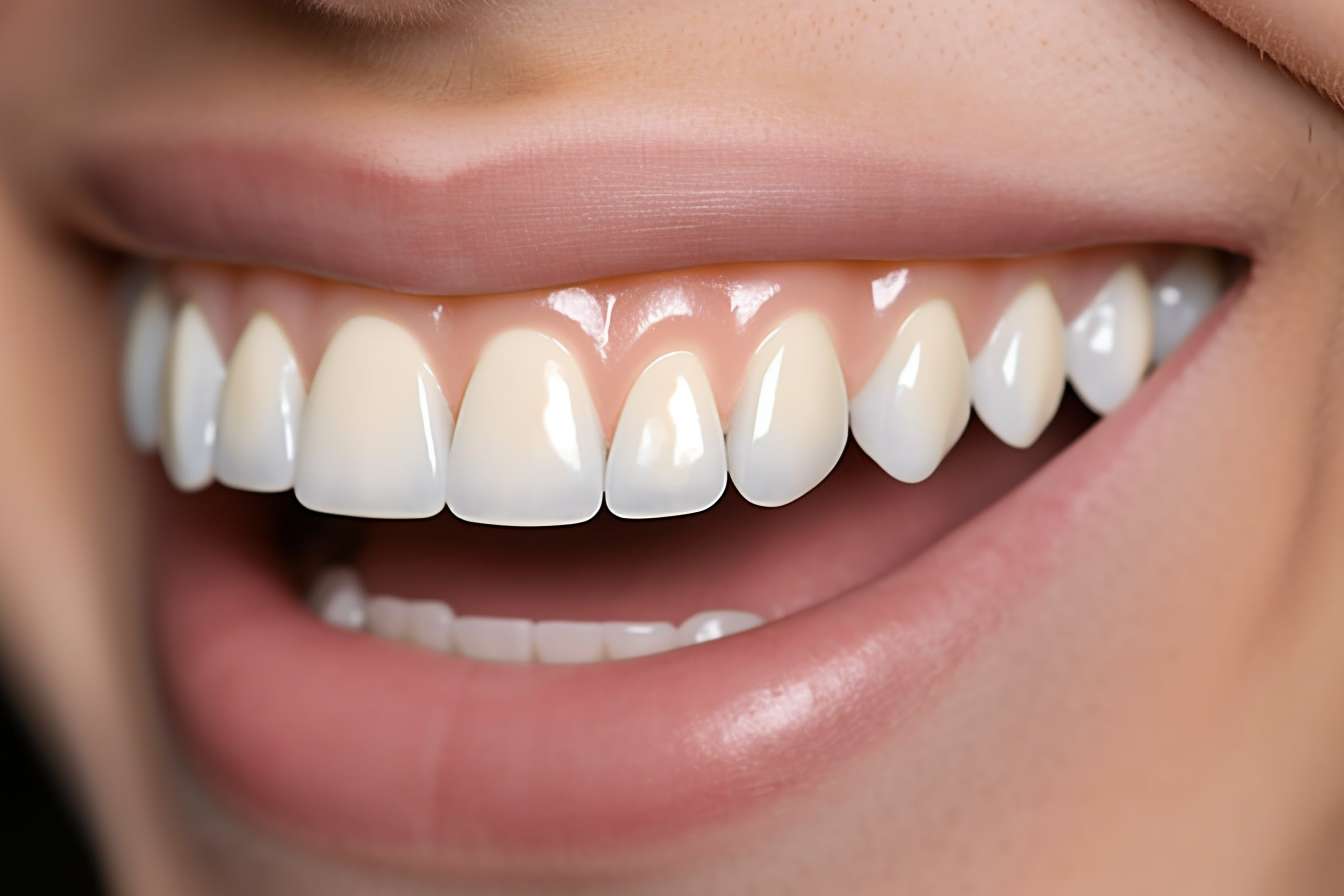Erectile Dysfunction Treatment: Exploring Clinical Trials and Innovative Solutions
Navigating treatment options for erectile dysfunction can be a challenging journey, and for many, traditional medications don’t provide the desired results. Beyond standard treatments, a world of innovative solutions is being explored through clinical research. This article delves into the various medical and lifestyle approaches available for managing erectile dysfunction while also highlighting the unique opportunity to participate in clinical trials in the US. Discover how these trials are advancing medical science and potentially offering access to new, effective treatments.

Understanding Current Erectile Dysfunction Treatments
Traditional ED treatments typically include oral medications like sildenafil (Viagra), tadalafil (Cialis), and other phosphodiesterase type 5 (PDE5) inhibitors. These medications work by improving blood flow to the penis, enabling more reliable erectile function. However, they aren’t universally effective for all patients and may come with potential side effects that limit their usefulness for some individuals.
Alternative treatment options include:
-
Vacuum erection devices
-
Penile injections
-
Testosterone replacement therapy
-
Lifestyle modifications
-
Psychological counseling
The Science Behind Clinical Trials
Clinical trials represent a critical mechanism for developing innovative ED treatments. These carefully controlled medical research studies evaluate new medications, therapies, and interventions before they become widely available. Researchers meticulously design trials to assess safety, efficacy, and potential improvements over existing treatment methods.
Key objectives of ED clinical trials include:
-
Testing novel pharmaceutical compounds
-
Exploring alternative treatment mechanisms
-
Investigating underlying physiological factors
-
Developing personalized treatment approaches
Benefits of Participating in a Clinical Trial
Participating in a clinical trial offers unique advantages for individuals struggling with erectile dysfunction. Participants gain access to cutting-edge treatments potentially unavailable through standard medical channels. Additionally, they contribute directly to medical research that could help future patients.
Potential benefits include:
-
Free or reduced-cost experimental treatments
-
Close medical monitoring
-
Potential improvement in current condition
-
Contributing to scientific understanding
How to Qualify for Erectile Dysfunction Trials
Qualification for clinical trials varies depending on specific research parameters. Common eligibility criteria typically include:
-
Age range (usually 18-75)
-
Confirmed erectile dysfunction diagnosis
-
General health status
-
No conflicting medical conditions
-
Limited or no response to existing treatments
Exploring New and Emerging ED Treatments
Emerging research focuses on innovative approaches beyond traditional pharmaceutical interventions:
-
Regenerative medicine techniques
-
Stem cell therapies
-
Gene therapy
-
Advanced vascular reconstruction methods
-
Personalized treatment protocols based on genetic markers
| Treatment Type | Potential Benefit | Research Stage |
|---|---|---|
| Stem Cell Therapy | Tissue regeneration | Early clinical trials |
| Gene Therapy | Targeted molecular intervention | Preclinical research |
| Advanced Vascular Techniques | Improved blood flow | Intermediate trials |
Prices, rates, or cost estimates mentioned in this article are based on the latest available information but may change over time. Independent research is advised before making financial decisions.
Conclusion
The landscape of erectile dysfunction treatment continues to evolve, with clinical trials offering hope for more effective, personalized solutions. As medical science advances, patients can look forward to increasingly sophisticated approaches to managing this complex condition.
Disclaimer: This article is for informational purposes only and should not be considered medical advice. Please consult a qualified healthcare professional for personalized guidance and treatment.





